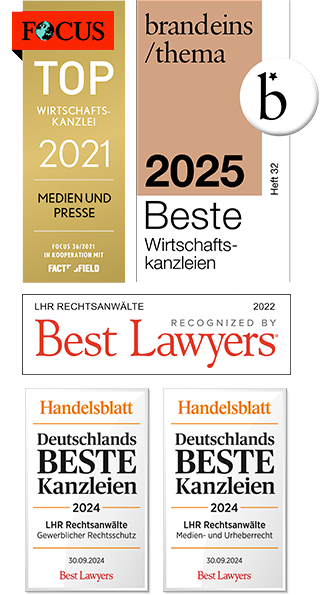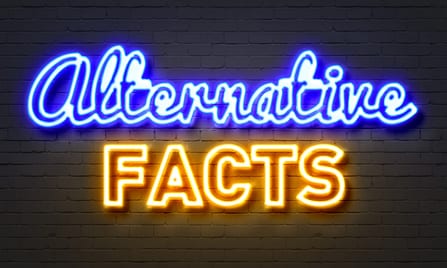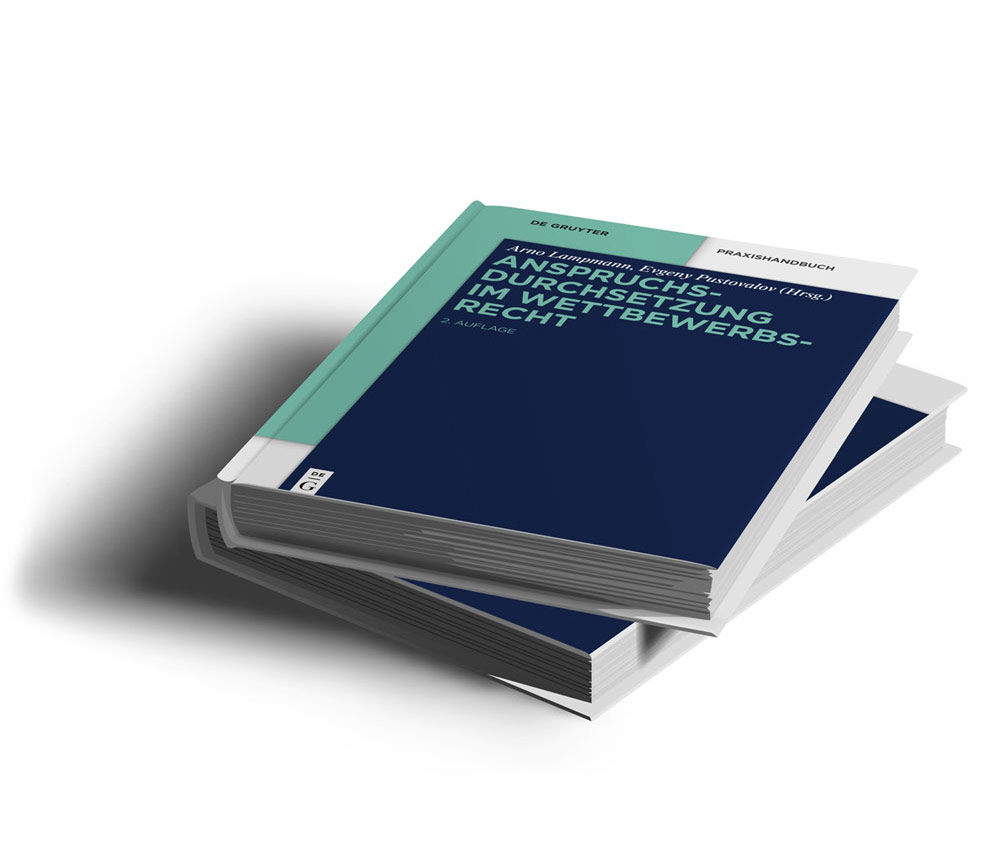LG Hamburg: Lawyer and company misused for client acquisition are competitors

The number of cases of unlawful solicitor advertising is increasing. Among other things, we had reported about it here.
Advertising law for lawyers has changed
In the past, the law governing the legal profession already stood in the way of many types of public client acquisition. Nowadays, there is a consensus that lawyers should not only advertise their services soberly and cautiously, but – just like other commercial enterprises – a little more loudly. Rattling is also part of the lawyer’s trade.
Against this background, numerous platforms, in particular anwalt.de, offer the creation of a lawyer profile and the possibility of publishing advertising contributions for client acquisition for a certain monthly fee.
Attorney advertising must not be disparaging or misleading
However, many colleagues overlook the fact that the admissibility of advertising by lawyers naturally ends where the boundary to untruthfulness, misleading or disparagement is crossed.
The Regional Court of Hamburg recently had to deal with a case in which a lawyer had reported on his blog about a warning letter he had received, in which not only the full name of the infringed party but also the name of the law firm representing him – optimised for search engines – was highlighted. The colleague did not disclose the name of his own client.
However, the colleague was not sparing with his harsh criticism of the content of the warning letter. This was unjustified and, in particular against the background of the allegedly excessive amount in dispute, represented an attempt to intimidate the warned party. The blog post did not contain any justification for the assessment.
As the lawyer refused to issue a cease-and-desist declaration to the applicant, an application for a temporary injunction was necessary, which the Hamburg Regional Court issued (LG Hamburg, Beschluss v. 12.9.2016, Az. 327 O 363/16). In the event of non-compliance, the lawyer faces a fine of up to EUR 250,000. The decision is not legally binding. The amount in dispute was set at € 50,000.00.
Lawyers are in competition with the company they report on
The Regional Court exceptionally provided reasons for the order, which is issued without an oral hearing and normally also without reasons. The Regional Court followed the applicant’s argument that the defendant’s advertising was disparaging and misleading and therefore inadmissible.
A concrete competitive relationship existed between the parties without further ado, despite the disparity in the sector, since the defendant had itself entered into such a competitive relationship with the applicant with regard to the commercial act at issue with the statements at issue (vgl. dazu HansOLG, Beschluss v. 18.7.2014, Az. 5 U 39/13).
Defendant’s advertising jeopardised credit
In his lawyer’s advertisement, the defendant had criticised the applicant’s attempt to persuade former customers to remove inaccurate reviews on a sales platform.
He had claimed that the warnings issued by the applicant to customers ‘mostly lacked justification’ and that the ‘counter-values applied were excessive’. In his opinion, it was therefore ‘an attempt to intimidate customers in order to persuade them to withdraw their reviews’.
As the truthfulness of these statements was not apparent, the regional court prohibited the specific advertising at issue, as it constituted a commercial act that was detrimental to credit.
Conclusion:
The times when lawyers were generally prohibited from advertising their own law firm are of course over. Unfortunately, many colleagues overlook the fact that not everything that is technically possible is permitted, even after the relaxation of the law on advertising for lawyers.
The possibilities of search engine optimisation, especially in the mass business of file sharing but also in other legal areas with an affinity for the internet, tempt people to publish blog posts or other reports on the law firm’s website that only appear to serve to inform the public. In reality, by mentioning the person issuing the warning and the law firm representing them – often several times – the comments are tailored to the search algorithm of the Google search engine in order to attract potential clients who, after receiving what the advertising lawyer hopes will be a large number of warning letters, search for help there.
Apart from questions of style and the fact that the publication by a lawyer of case data obtained in the context of a client relationship is likely to be problematic in principle under data protection law, even with regard to the opponent’s data, it is in any case inadmissible to go after clients in this context by making untrue or misleading allegations.
Furthermore, it is often overlooked that such advertising statements must not only be measured against personal rights, but also against competition law rules, compliance with which can be checked not only by other lawyers, but also by the companies affected by the advertising in the context of an ‘ad hoc’ competitive relationship.
Disclosure: Our law firm represented the applicant.










